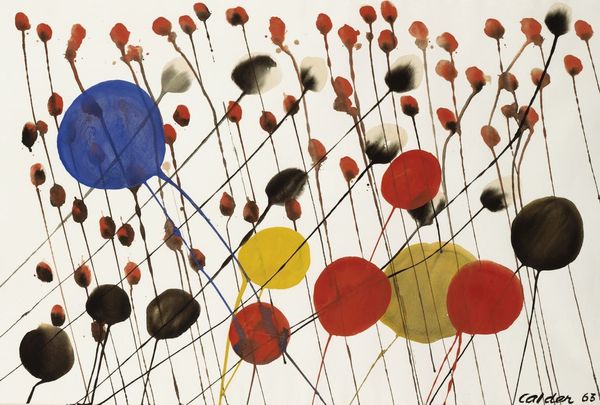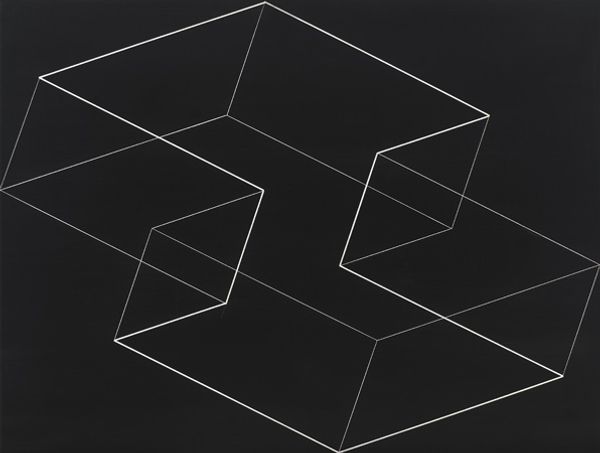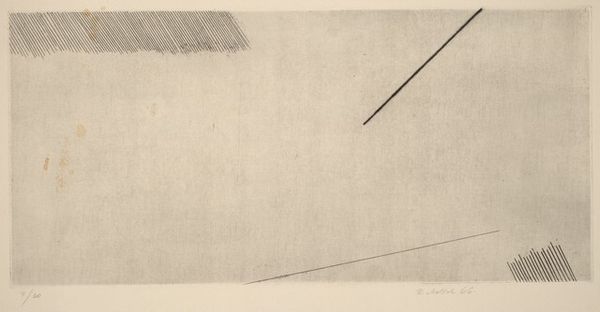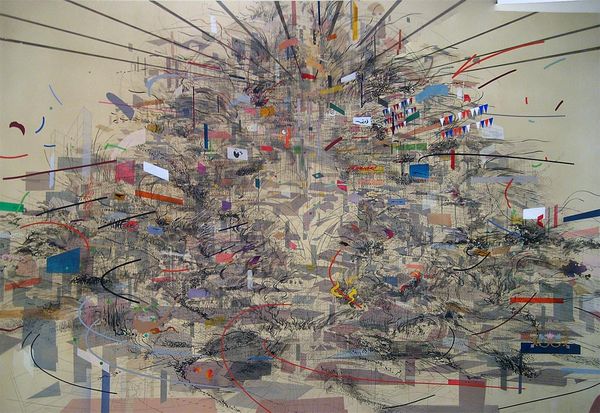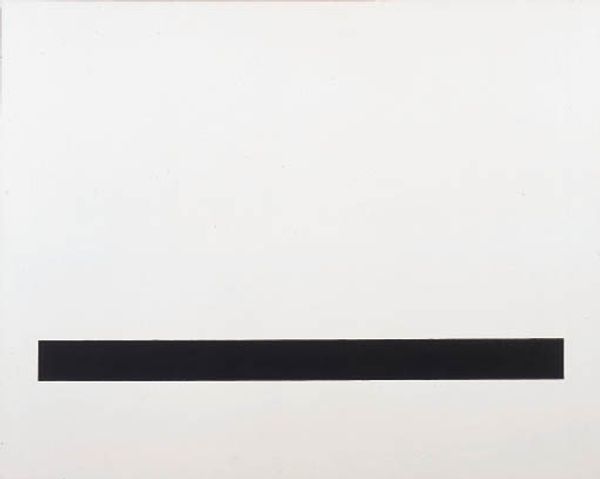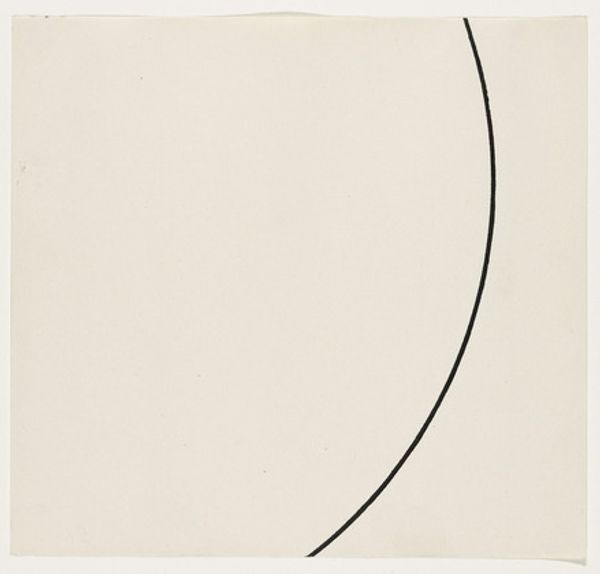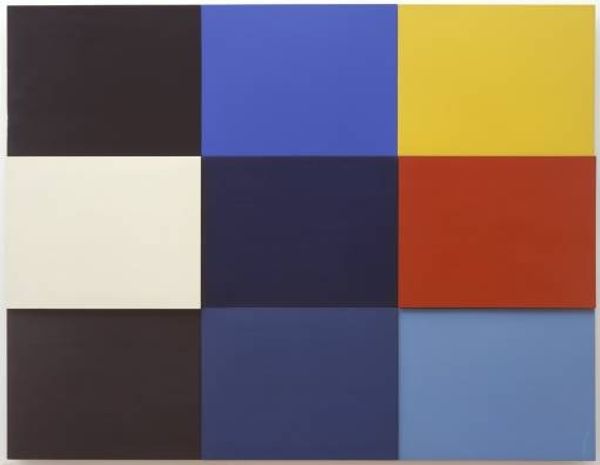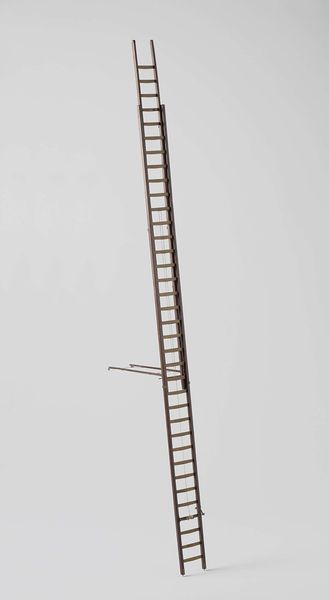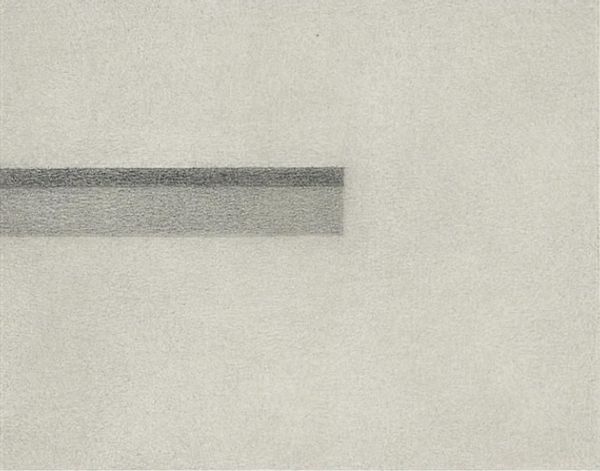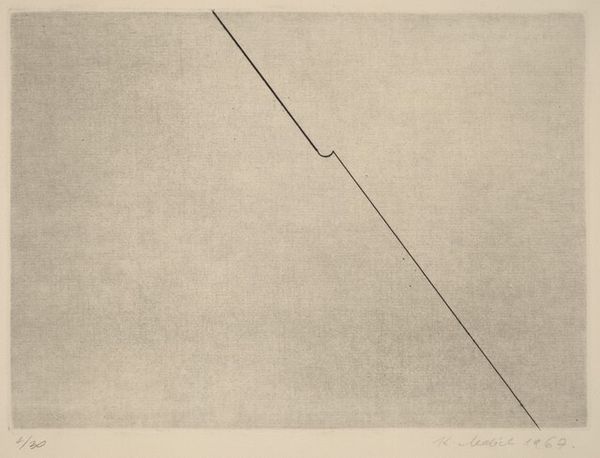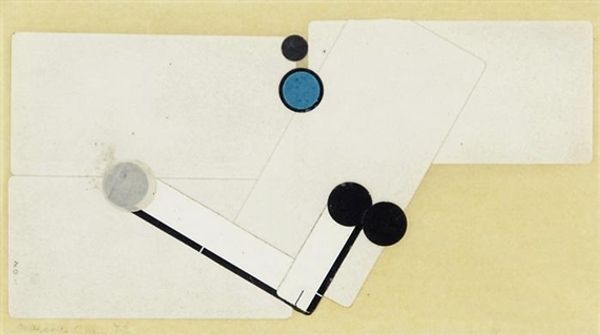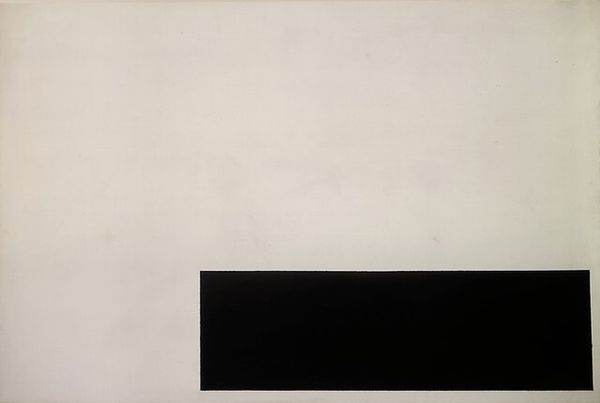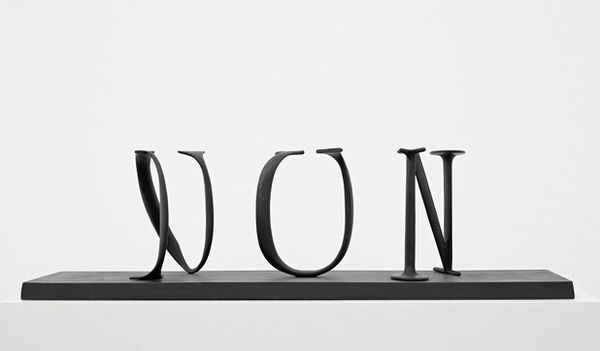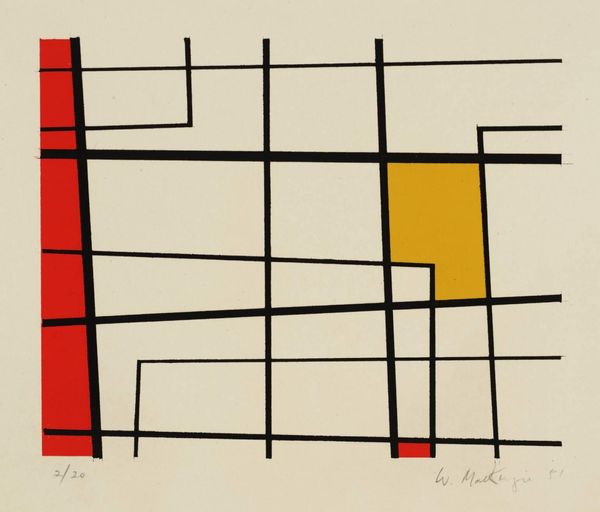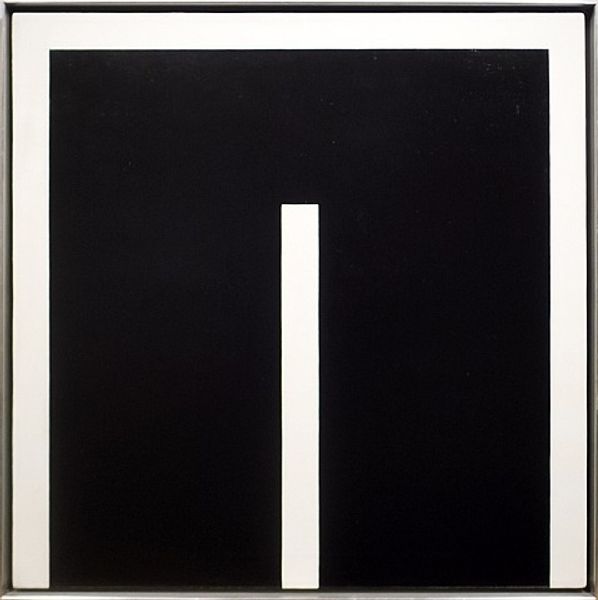
photography
#
conceptual-art
#
minimalism
#
text
#
photography
#
line
Copyright: Douglas Huebler,Fair Use
Douglas Huebler presents us with a stark statement: "The world is full of objects, more or less interesting; I do not wish to add any more." The symbol here is not an image but the very idea of artistic creation—or, rather, its refusal. Consider the historical context. Huebler's statement resonates with a long tradition of artistic rejection, from Dada's anti-art stance to Minimalism's quest for essential forms. Yet, the phrase "full of objects" echoes the biblical notion of a world already formed, complete. In earlier art, the cornucopia symbolized nature's abundance, a horn overflowing with fruits and flowers. Huebler, however, presents not abundance but saturation, a world so filled that creation seems superfluous. This sentiment taps into a collective anxiety. Are we overwhelmed by the sheer volume of existence? Huebler's words evoke a powerful psychological tension, a desire to both engage with the world and retreat from its excesses. This mirrors a cyclical return in art: a yearning for simplicity amid complexity. In essence, Huebler invites us to contemplate not what is added, but what remains. The weight of history, the abundance of creation, all culminate in this simple, yet profound, act of artistic negation.
Comments
No comments
Be the first to comment and join the conversation on the ultimate creative platform.
